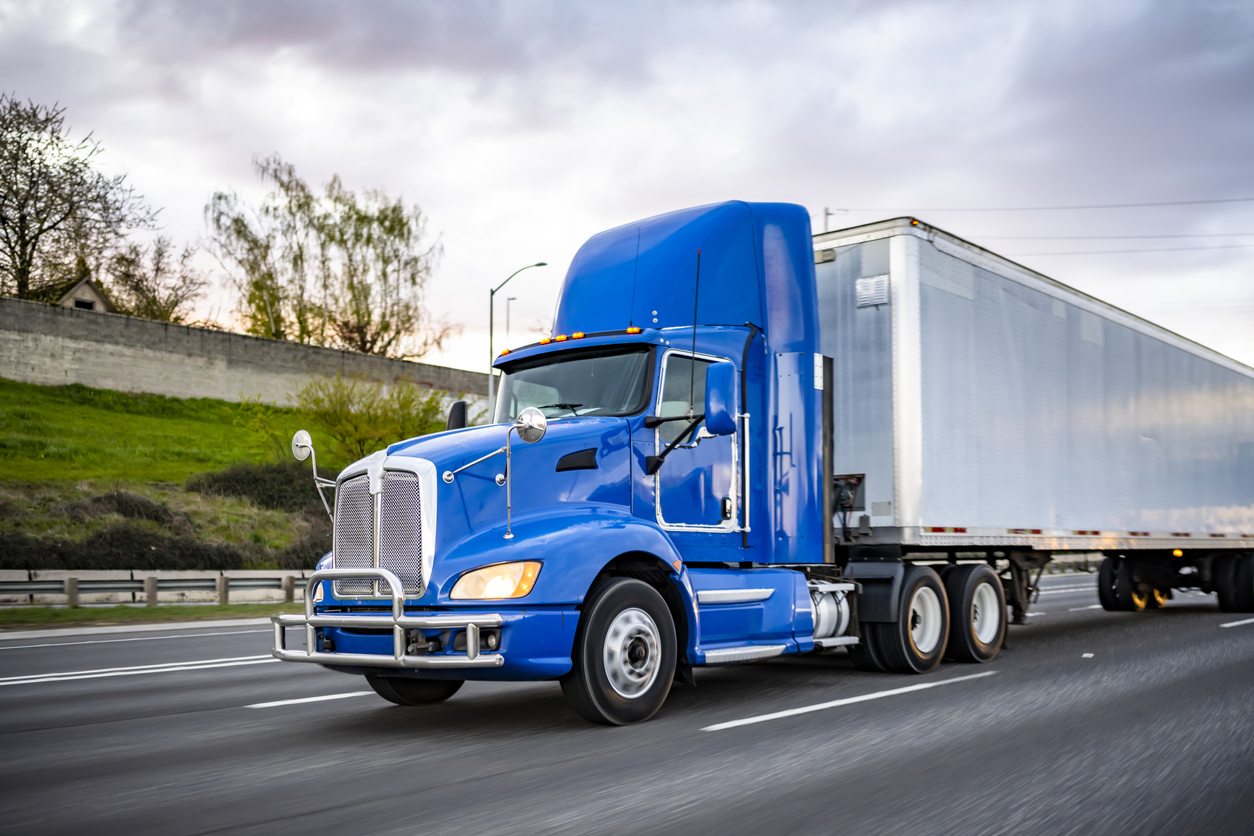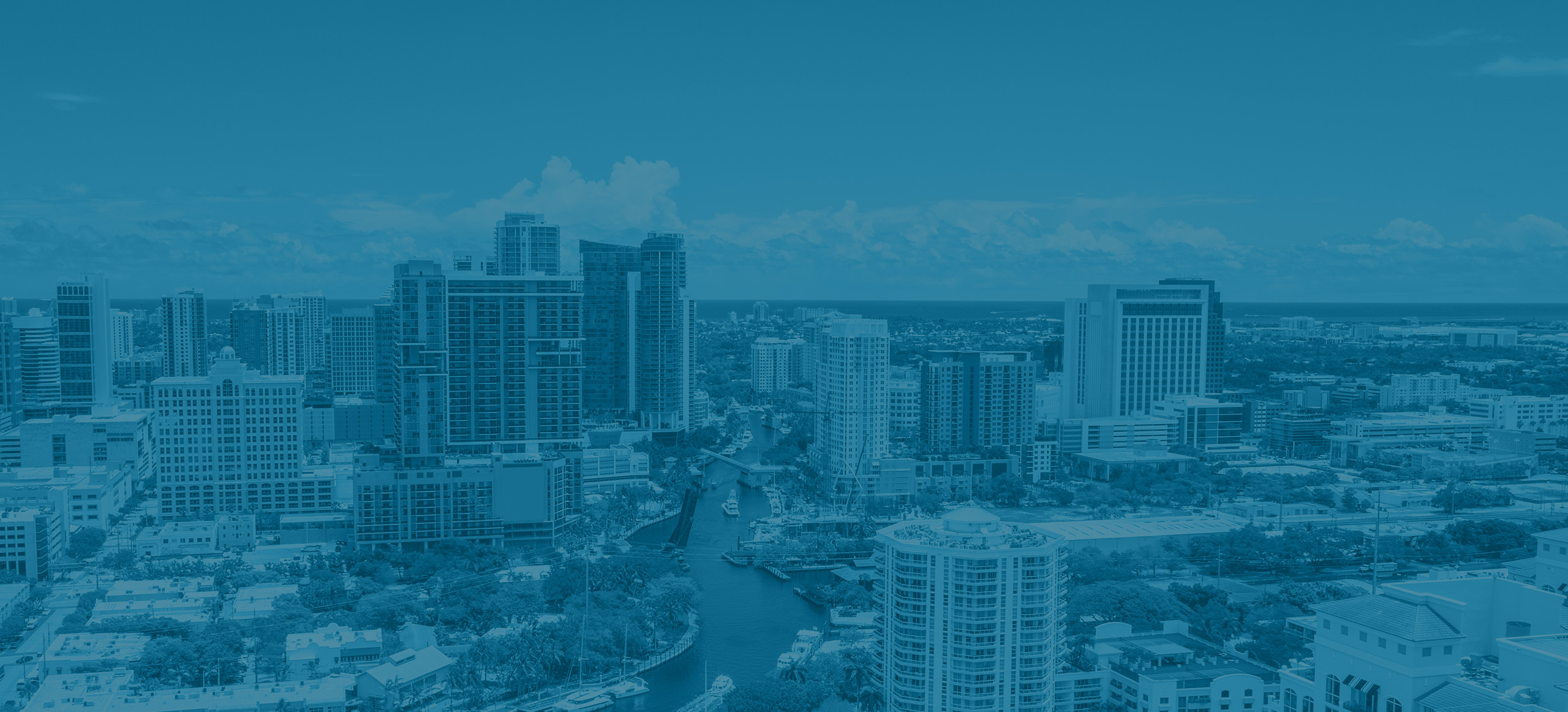Workman Car Accident & Personal Injury Lawyer | September 19, 2025 | Truck Accidents

Trucking is the backbone of the American supply chain, moving goods across cities, states, and the entire country. But not all trucking operations are the same. One of the most important distinctions in the trucking industry is between interstate and intrastate trucking. While both involve the transport of goods, they fall under very different regulatory and operational frameworks.
Understanding the difference is essential not only for trucking companies and drivers, but also for anyone involved in shipping, logistics, or legal matters related to truck accidents.
What Is Interstate Trucking?
Interstate trucking refers to the transport of goods or passengers across state lines or between the U.S. and another country.
This includes shipments that:
- Begin in one state and end in another
- Pass through one or more states before reaching the destination
- Originate in the U.S. and cross into Canada or Mexico
Even if the shipment starts and ends in the same state, it can still count as interstate commerce if the goods are part of a broader supply chain crossing state lines. For example, delivering packages from a local warehouse that received goods from another state may still be considered interstate activity.
Federal Regulatory Oversight
Because it involves multiple jurisdictions, interstate trucking is regulated at the federal level, primarily by:
Companies engaged in interstate trucking must register with the FMCSA, obtain a DOT number, and comply with extensive safety, licensing, and insurance requirements.
What Is Intrastate Trucking?
Intrastate trucking involves the transport of goods or passengers entirely within the borders of one state. These operations do not cross state lines at any point, and the cargo is intended for in-state use or distribution.
For example, a truck that picks up and delivers goods solely within Florida is engaged in intrastate commerce, even if those goods originally came from another state—as long as the trucking company’s role is limited to in-state transport.
State-Level Regulation
Intrastate trucking falls under the jurisdiction of state transportation authorities.
Each state sets its own regulations regarding:
- Driver qualifications
- Licensing and endorsements
- Vehicle safety inspections
- Insurance minimums
- Hours-of-service rules (which may differ from federal HOS rules)
Some states adopt federal standards for simplicity, while others impose additional requirements tailored to local conditions.
Why the Distinction Matters
The distinction between interstate and intrastate trucking affects every part of the industry—from how companies operate, to what drivers must follow, to how accident claims are handled.
For Trucking Companies
Choosing between interstate and intrastate operations impacts your compliance obligations, licensing, and business opportunities. Interstate carriers must meet more stringent federal regulations but have access to broader markets. Intrastate carriers may operate under more relaxed rules but are limited to in-state service.
For Drivers
Drivers need to know whether their route qualifies as interstate or intrastate, as it affects their CDL endorsements, logbook requirements, and hours-of-service rules. Violating these rules—knowingly or not—can result in fines, license suspensions, or worse.
For Accident Claims and Legal Cases
In the event of a truck accident, whether the truck was involved in interstate or intrastate commerce can affect liability, insurance coverage, and legal strategy. Interstate carriers must carry higher levels of insurance and often face federal oversight, which may play a role in personal injury lawsuits.
Can a Trucking Company Operate as Both?
Yes—many companies operate both interstate and intrastate fleets, or the same vehicle may switch between the two types depending on the job. In such cases, it’s crucial to comply with both sets of regulations and maintain proper documentation for each type of operation.
Contact the Truck Accident Attorneys at Workman Car Accident & Personal Injury Lawyers for a Free Consultation
The difference between interstate and intrastate trucking goes far beyond geography. It influences how trucking companies operate, how drivers are managed, and how legal issues are handled when accidents occur. Whether you’re a logistics coordinator, a professional driver, or a personal injury victim, knowing the difference is key to understanding your responsibilities and rights.
For more information, please contact an experienced truck accident lawyer at Workman Car Accident & Personal Injury Lawyers for a free consultation.
We proudly serve Fort Lauderdale, Clermont, and its surrounding areas:
Workman Car Accident & Personal Injury Lawyers
633 S Andrews Ave Ste 401, Fort Lauderdale, FL 33301
(954) 361-3997
Workman Car Accident & Personal Injury Lawyers
1655 E Hwy 50 ste 316, Clermont, FL 34711
(352) 77-33866
